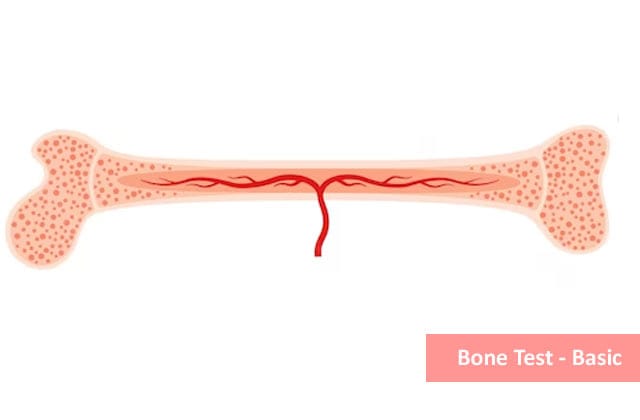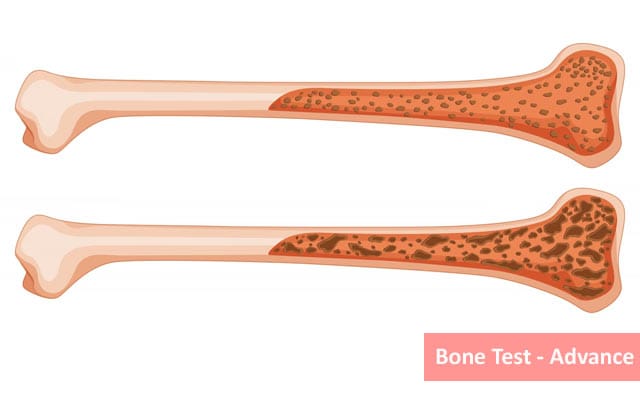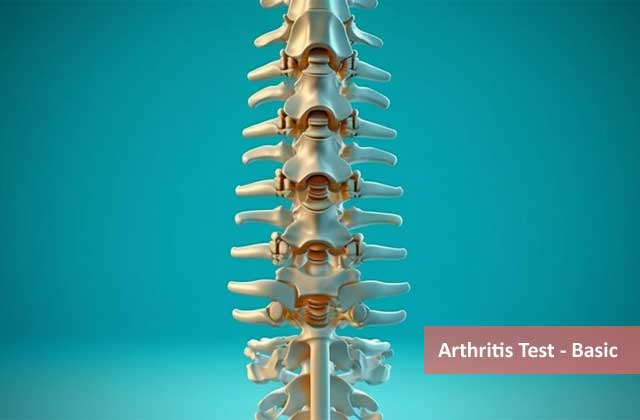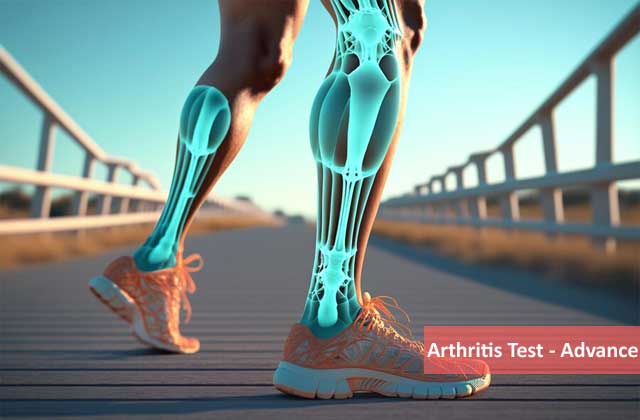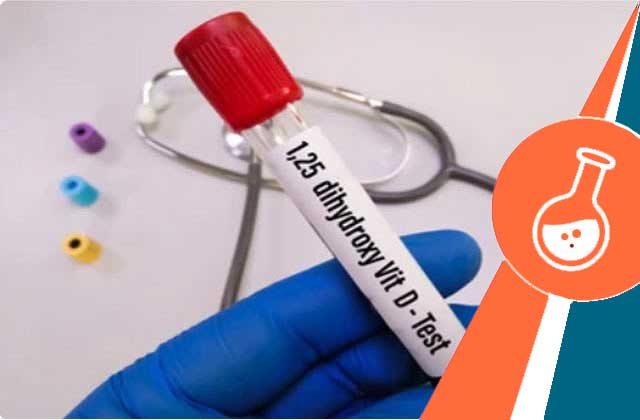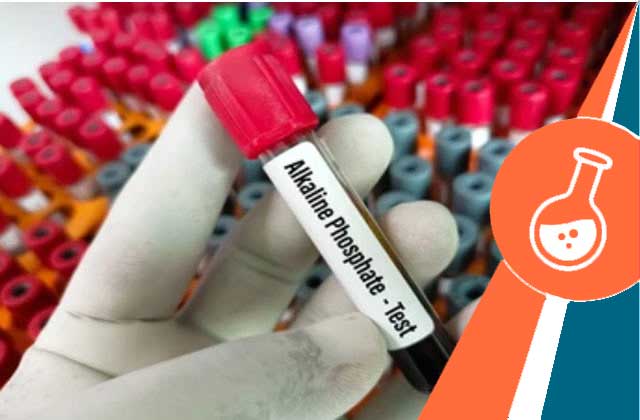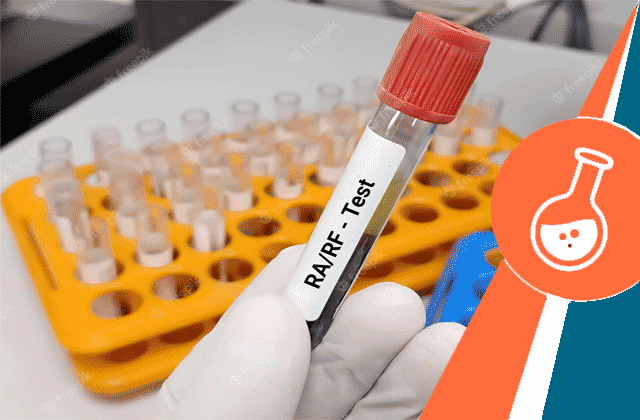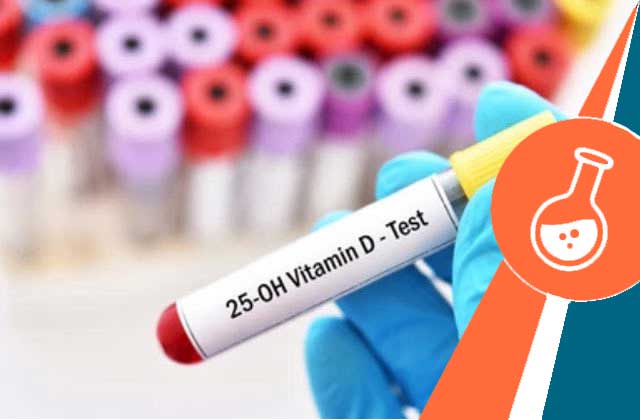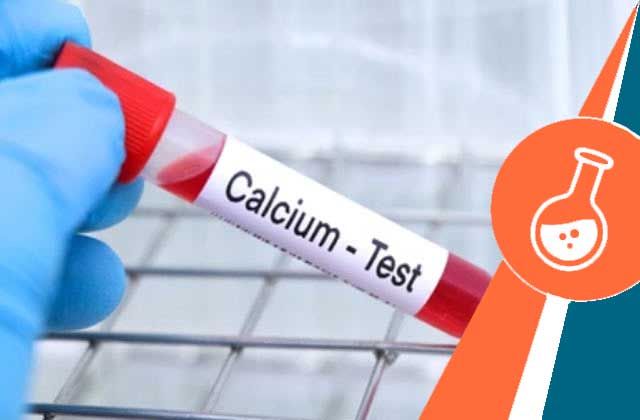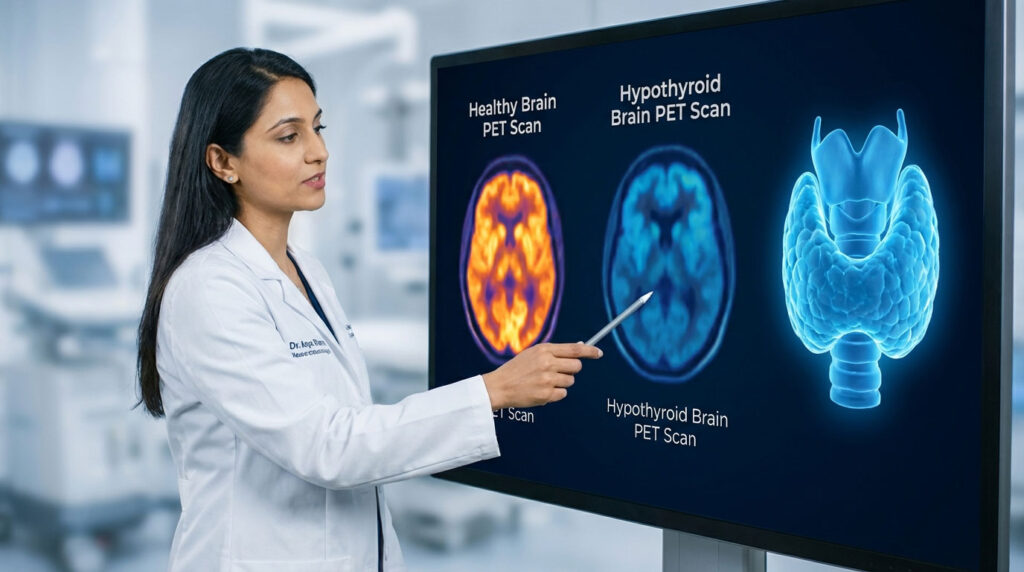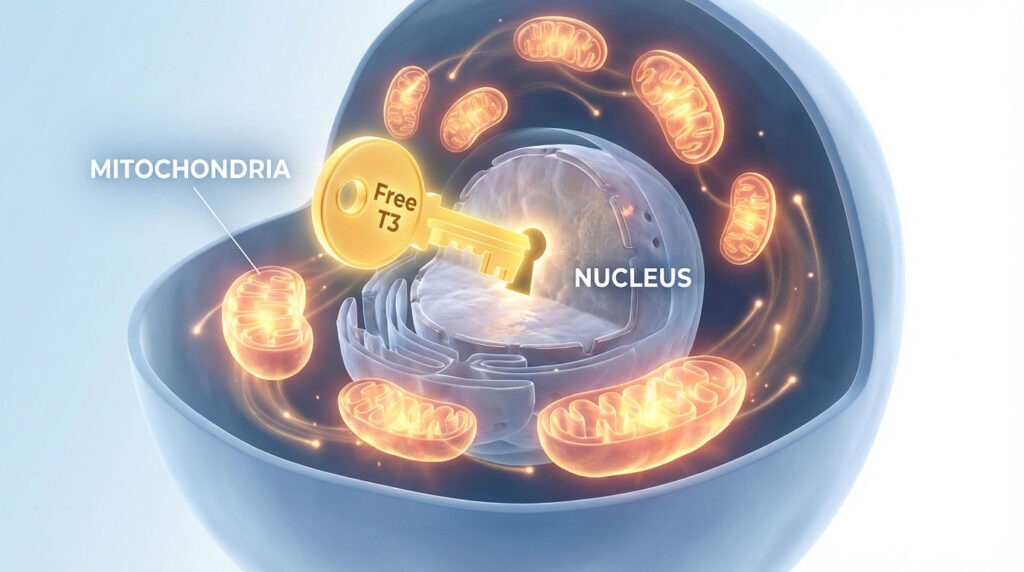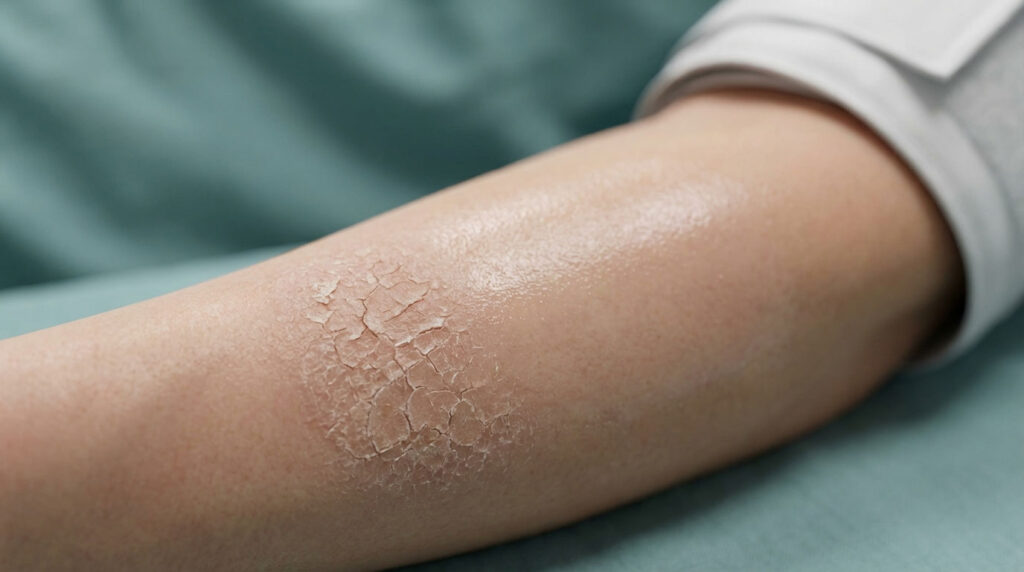Bone Profile Test
BONE HEALTH CHECK
The reason for our body standing erect is bones, assessing their health can help optimize bone health. Determining levels of vitamin D, calcium, phosphorus etc., not only monitors bone health but also detects any onset of bone diseases/disorders.
Bone profile tests provide a comprehensive assessment of bone health, helping identify any underlying bone issues. This can help in the early treatment of the condition and furthermore alert you to make some sound lifestyle changes. After a particular age, bone issues become normal spot and it gets essential to identify these issues before they show into significant sicknesses.
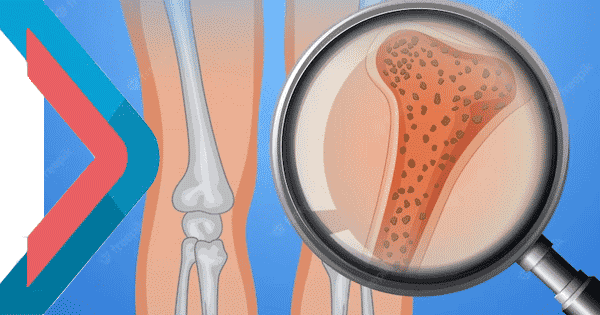
Explore Book Bone Panel Test | 30% Off on Bone Profile Test Prices List & Packages
₹3973
₹2600
- Includes 1 Parameters
₹1679
₹1098
- Includes 1 Parameters
How To Get This Test

CHOOSE YOUR TESTS

PHLEBOTOMIST VISITS YOUR PLACE
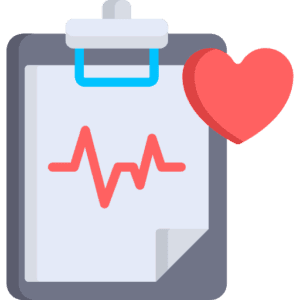
GET YOUR TEST REPORTS
PURPOSE
What Is The Purpose of Getting Bone Health Check?
The purpose of getting a bone health checkup is to evaluate the strength and density of your bones, providing valuable insights into your overall skeletal health. It allows you to identify your risk for osteoporosis, a condition that weakens bones and increases the likelihood of fractures.
Bone health checks are crucial for individuals of all ages, but particularly important for specific groups. This includes individuals over the age of 50, women who have undergone menopause, individuals with a family history of osteoporosis, and those who have taken certain medications or have medical conditions that can heighten the risk of bone loss.
By undergoing a bone health checkup, you can proactively assess your bone health status, take preventive measures, and make informed decisions to promote lifelong skeletal well-being. It’s an essential step towards maintaining a strong and resilient skeletal system.
CAUSES
What Are The Causes Of Bone Problems?
There are several causes of bone problems, including:
- Age: As you age, your bones naturally become thinner and weaker, which can increase the risk of fractures.
- Hormonal changes: Changes in hormone levels, such as those that occur during menopause, can cause bone loss.
- Lack of physical activity: A sedentary lifestyle can lead to weaker bones.
- Nutritional deficiencies: A lack of calcium, vitamin D, and other important nutrients can lead to weaker bones.
- Genetics: Some bone disorders are hereditary, such as osteogenesis imperfecta and osteoporosis.
- Medical conditions: Certain medical conditions, such as hyperparathyroidism, rheumatoid arthritis, and kidney disease, can affect bone health.
- Medications: Certain medications, such as steroids and some anti-seizure medications, can weaken bones.
- Smoking and alcohol use: Both smoking and excessive alcohol consumption can negatively affect bone health.
It’s important to maintain good bone health throughout your life, including regular exercise, a healthy diet, and avoiding unhealthy habits such as smoking and excessive alcohol consumption.
SYMPTOMS
What Are The Symptoms Of Bone Problems?
The symptoms of bone problems can vary depending on the specific condition, but some common symptoms include:
- Pain in the bones, joints, or muscles
- Weakness or instability in the bones or joints
- Decreased mobility or range of motion
- Deformities or abnormalities in the bones or joints
- Tenderness or swelling around the affected area
- Fractures or broken bones
- Loss of height or a stooped posture
- Back pain or curvature of the spine
- Reduced grip strength or difficulty holding objects
- Numbness or tingling in the limbs.
TESTING TYPES
What Are The Different Bone Related Tests?
There are several bone-related tests that can be done to assess bone health and detect bone problems, including:
- Dual-energy X-ray absorptiometry (DXA) scan: This is a non-invasive test that measures bone density at the hip and spine. It is the gold standard for diagnosing osteoporosis.
- Quantitative ultrasound (QUS): This test measures bone density using sound waves and is often used as an alternative to DXA scans.
- Bone turnover markers: These blood or urine tests measure the rate at which bone is being broken down and rebuilt, which can help assess bone health and the effectiveness of treatments.
- CT or MRI scans: These imaging tests can help detect bone abnormalities, fractures, or tumors.
- X-rays: This is a common imaging test that can detect fractures or other bone abnormalities.
- Bone biopsy: This is a procedure in which a small sample of bone tissue is removed and examined under a microscope to diagnose bone diseases such as osteoporosis, cancer, or infections.
- Vitamin D Test: This blood test measures the level of vitamin D in the body, which is important for bone health
FAQs Around Pregnancy Tests
What is a bone density test?
A bone density test measures the strength and density of your bones. It can help diagnose osteoporosis and other bone-related conditions.
Who should get a bone density test?
The National Osteoporosis Foundation recommends that all women over the age of 65 and men over the age of 70 should get a bone density test. However, individuals with certain risk factors, such as a family history of osteoporosis or a history of fractures, may need to get tested at a younger age.
How is a bone density test performed?
A bone density test is a quick and painless procedure. Typically, you will lie on a table while a machine scans your bones with low-level X-rays.
What can I do to improve my bone health?
You can improve your bone health by getting regular exercise, eating a healthy diet that includes calcium and vitamin D, avoiding smoking and excessive alcohol consumption, and taking any medications or supplements prescribed by your doctor.
Can bone problems be prevented?
While some bone problems are hereditary or related to medical conditions, there are steps you can take to help prevent bone loss and maintain bone health. These include getting regular exercise, eating a healthy diet, not smoking, limiting alcohol consumption, and getting regular bone density tests as recommended by your doctor.
Building a Legacy of Healthy Smiles
Hear from Our Valued Clients
Service was prompt, sample collected on time. And also got the report quickly.
HealthcareOnTime Blogs
Stay Informed: Latest Insights on Health, Conditions, Tests, and Treatments VIEW ALL

